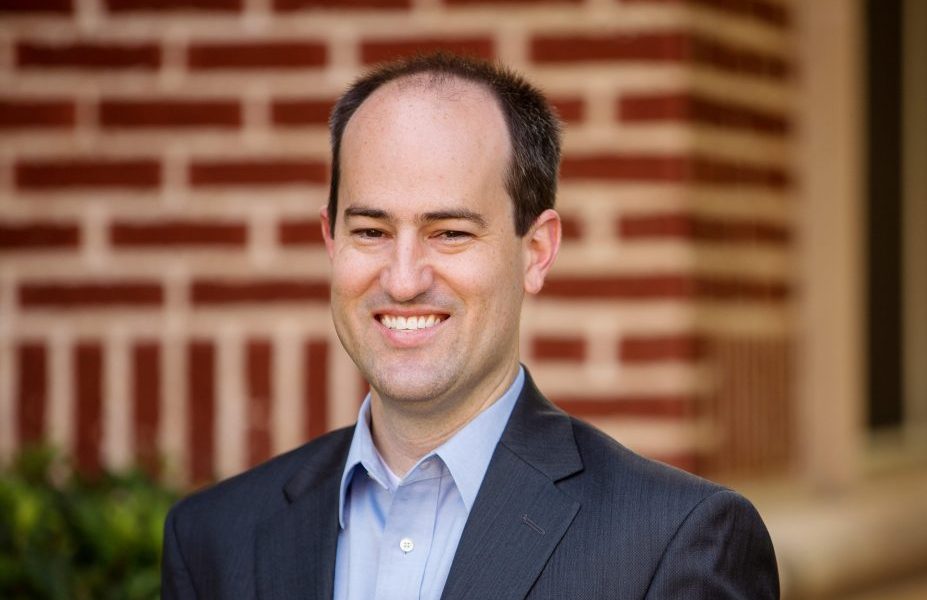By District 56 Representative Clay Mansell

House Education Chairman Rob Roberson introduced the Investing in the Needs of Students to Prioritize, Impact and Reform Education (INSPIRE) Act of 2024, or House Bill 1453. The plan would replace the Mississippi Adequate Education Program, or MAEP, the state’s current funding formula. MAEP has only been fully funded twice since its inception in 1997. Under the INSPIRE Act, the base student cost is $6,650, and schools would receive more money for low-income students, special-needs students, English language learners and others. Every four years, a group comprised of the State Superintendent of Education, local superintendents and employees of the State Department of Education would submit a report to the Legislature reviewing the formula and making recommendations. After more than one hour of debate, the House passed HB 1453 by a vote of 95-13 and has been sent to the Senate for consideration.
House Bill 1609 would allow a person to have their voting rights restored and felony records expunged after five years. This would not include certain crimes such as arson, armed robbery, carjacking, murder, sexual battery, voter fraud and others. The bill passed by a vote of 99-9 before being held on a motion to reconsider.
House Bill 315 would modernize terminology in the Mississippi Code by replacing the term “mentally retarded” with the term “intellectual disability.” The bill passed unanimously 122-0.
House Bill 907 would create the Mississippi Childcare Teachers Shortage Study Committee. This committee would make a report on how to increase affordable childcare in the state while also increasing the supply of early childhood teachers. HB 907 passed 121-0.
House Bill 1590 would reconstitute the membership of the board of the Public Employees’ Retirement System (PERS). The new board would be made up of the state treasurer, the commissioner of revenue, four appointees from the governor, three appointees from the lieutenant governor, one retired member and one current state employee. The bill would also rescind the scheduled employer’s contribution increase that was scheduled for July 1. An increase would be left up to the new board. The bill passed the House by a vote of 85-34 and has been sent to the Senate.
House Bill 1208 would provide for penalties for hunting and fishing on the lands of others without permission. The fines for this kind of trespassing would start at $500 for a first offense.
The bill passed 67-43 before being held on a motion to reconsider.
House Concurrent Resolution 23 would amend the Constitution to provide that only United States citizens are allowed the opportunity to vote. HCR 23 passed by a vote of 81-23 and will now be considered in the Senate.
House Bill 1607, or the Women’s Bill of Rights, was a major point of discussion during the eleventh week. The bill would provide legal definitions of “male” and “female,” “man” and “woman,” and “sex.” It would also ensure social or athletic groups could remain single sex. The bill passed 82-30 and has been sent to the Senate.

